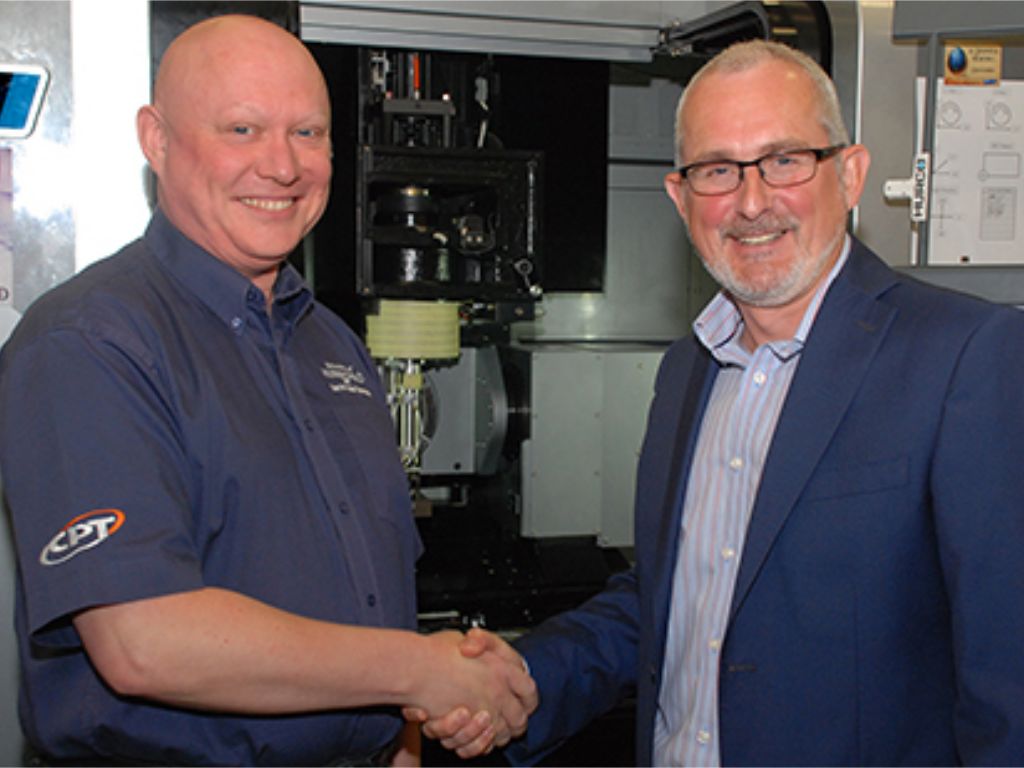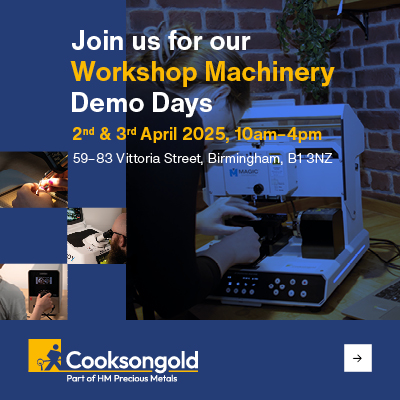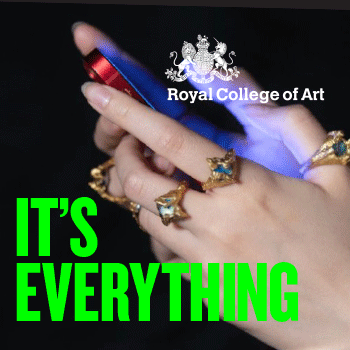£1M CNC Machine Tool 'Servitisation' Plan Rolled Out Across UK
UK £1M CNC Machine Tool ‘Servitisation’ Rolled Out
Reading Time:
1 min {{readingTime}} mins
Innovate UK-funded scheme will see businesses purchasing the capacity to manufacture products whilst the ‘servitisation provider’ retains responsibility for the machinery and its smooth running with the scheme particularly focused towards SMEs.
THE University of Huddersfield has teamed up with top engineering companies and research institutes for a £1 million pound project that aims to bring about massive improvements in competitiveness and efficiency for UK manufacturers.
The goal is to extend the principle of “servitisation” to firms that use CNC machinery for precision-engineered products. This means that a manufacturer does not – in the conventional way – simply buy a machine tool which it then adapts, operates and maintains. Instead, it purchases the capacity to manufacture its products and the servitisation provider retains responsibility for the machinery and its smooth running.
Servitisation is well established in some areas. As long ago as 1997, a leading manufacturer began selling its aircraft engines as a service – or outcome – rather than a product. It was described as “power by the hour”. Also, several printer companies now sell document management systems rather than printers and photocopiers.
The complexity and varied use of CNC machinery and the requirement for exceptional accuracy means that servitisation in the advanced manufacturing sector is a challenge. But it would give industry access to reliable advanced manufacturing equipment without the burden of maintaining it – particularly appealing to SMEs for whom advanced technology is often beyond their investment levels.
The challenge is now being met by an Innovate UK-funded project in which the companies Machine Tool Technologies (MTT) and Newburgh Precision join forces with the University of Huddersfield, plus Cranfield University and the Advanced Manufacturing Research Centre to introduce an innovative business model that aims to create a step change in competitiveness to UK manufacturing.
The University of Huddersfield’s Centre for Precision Technologies (CPT) has world-leading expertise in the use of metrology and digital technology for ensuring the accuracy of machine tools, leading to big efficiency gains for manufacturers. The CPT’s Principal Enterprise Fellow, Dr Andrew Longstaff, is heading its contribution to the new servitisation project.
It launches in April 2017 and is due to conclude in 2019. Innovate UK has awarded £783,511 to the project.

“The initial idea came from MTT, the lead partner,” said Dr Longstaff. “They had been talking to one of their customers, who said they don’t want to buy machine tools, they just want to be able to make things. So MTT talked to us and to Cranfield University, which has expertise in servitisation business models.
“By pursuing the servitisation model, business can engage in ‘agile manufacturing’ –
buying the right machine tool package for the right machine tool application for the specific project; then switching out for the next scenario. Productivity and quality will be increased,” continued Dr Longstaff. He added that the CPT’s areas of expertise meant that it was ideally equipped for the research.
The technology that is being developed at Huddersfield will aid a shift from “reactive maintenance”. Sensors would enable servitisation providers to predict when a machine was about to fail or go out of tolerance and the issue could be dealt with proactively.
Dr Longstaff has a Fellowship, part-funded by Innovate UK, to work with the Advanced Manufacturing Research Centre with Boeing (AMRC), based near Rotherham, and it too is a partner in the new servitisation project.
Over the next two years, the five partners will work closely together, with the goal being to provide an innovative business model which servitises the use of CNC machinery and provides the technical and analytical tools to be able to do so. The project supports the basic manufacturing infrastructure and therefore is applicable to all sectors – aerospace, automotive, power generation, medical – where precision machining is required.
The team will also investigate how the model can be structured so that it can later be expanded to include other, emerging manufacturing processes such as 3D printing and nano-manufacturing, helping to drive the growth of UK manufacturing in the age of Industry 4.0. A successful outcome means that manufacturers will gain access to advanced machines, better return-on-investment and increased productivity from legacy and future machine fleets.
Image credits: Courtesy of Newburgh Precision & University of Huddersfield
Author:
Published:









